While conventional agriculture turns to fertilizers, pesticides, and herbicides to help with crops, regenerative growing takes a different approach. The health of our plants depends on the health of our soil and environment, a link missing in farm fields, gardens, and greenhouses for far too long. We all play a role in solving the climate change puzzle; here’s how two women are changing the agricultural landscape in Humboldt, one soil test at a time.
Agricultural Legacy
My business partner and I both grew up under the shadow of 80’s baby boomer economics busily forging ahead with a post-World War II America. We grew up on the canned peas and frozen corn of Hormel. There was no “USDA Organic” back then…just those crunchy CCOF folks selling their produce in co-ops for more than our working-class families could afford. We were taught to accept that the food on our tables, grown with fertilizers made in retrofitted WWII bomb-making factories, was healthy and wholesome.
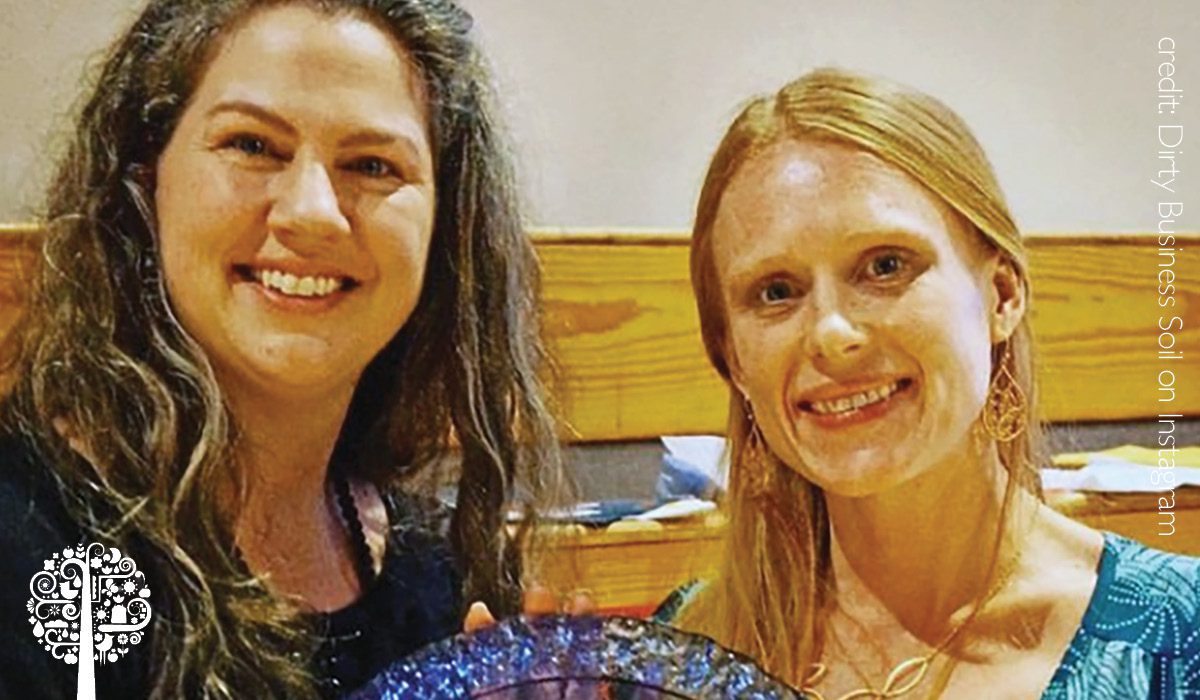
There was no recourse when we lost our family farms to the corporate land grab that consolidated the properties in the industrial farming expansion of the ’80s. The narrative of “growing enough food to feed the world” was prioritized over farm diversity and autonomy and paved the way for corporations to scale up our agricultural production. Our soils were treated more as a matrix to push an NPK value into our crops than to steward it as a resource and value its complex contributions to making our food nutritious.
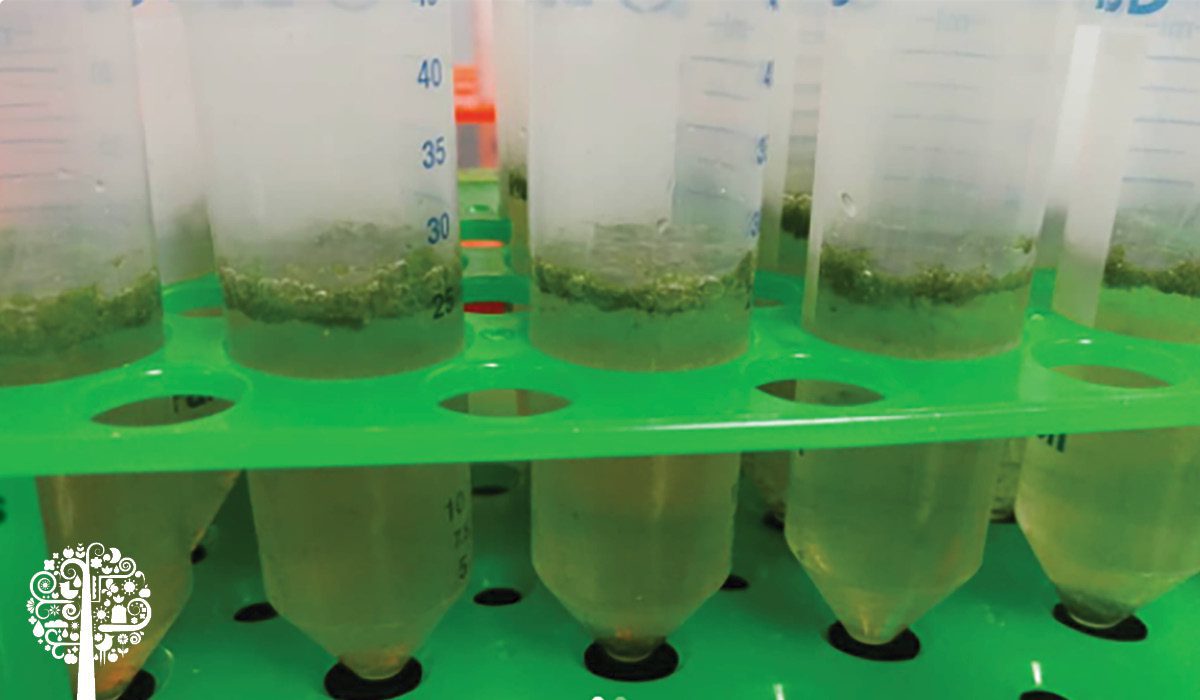
This was our agricultural legacy in a nutshell, and, with all due respect to our farming elders, it’s crap.
Soil is Life
Between the health epidemics of obesity and auto-immune disorders being linked to our diet, a tipping point concentration of CO2 in our atmosphere, and the tireless extraction of the earth’s resources for no one’s gain but the very elite, it has become imperative for our generation to seek other ways to value life and other ways to define “quality” of life.
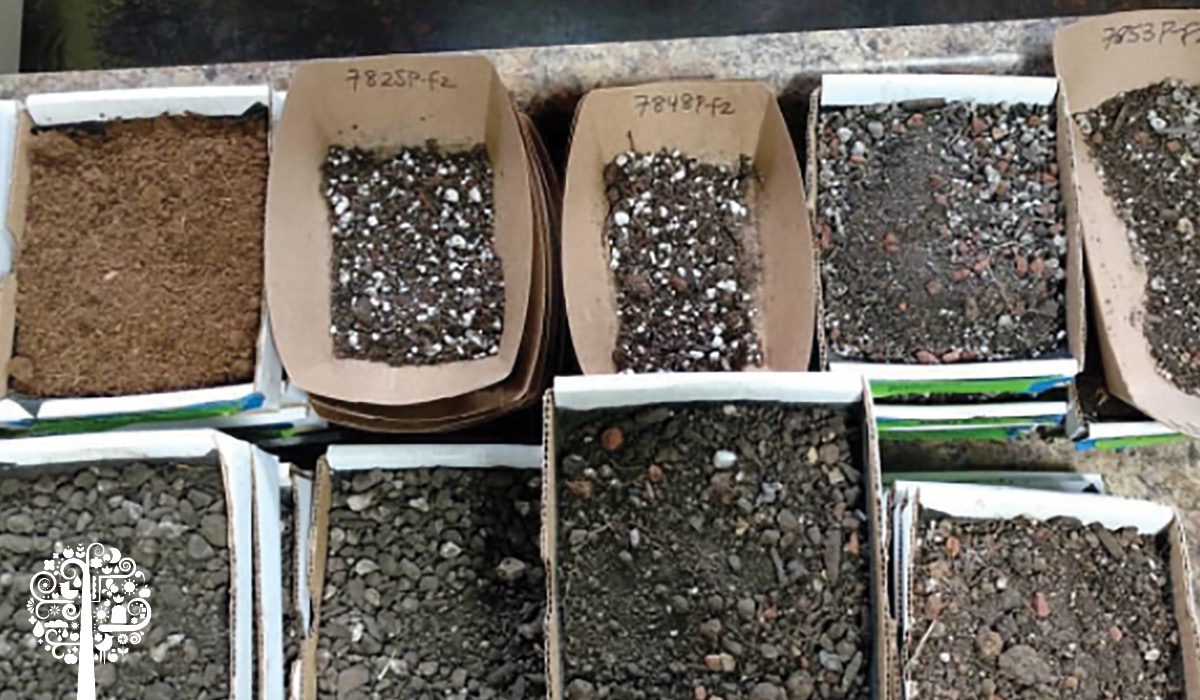
Soils are ecosystems quietly holding and facilitating everything in our environments. They are alive and unique and touch every facet of our lives. We are big fans of soil over here at Dirty Business Soil and passionate about how we relate to our environment and planet. We began our company in 2012 because we believed that if we could help decode and interpret the natural sciences for people, maybe we could help improve their farm and garden stewardship. We wanted to make science approachable, practical, profitable, and, dare we say, FUN for our local cultivators, not something to slog through or be intimidated by.
Soil Regeneration
After getting soil science degrees at Humboldt State University, we decided to start an agricultural testing laboratory to test the soil for our local farmers. We thought they would save money on fertilizers if they had good soil data and a readable report, but we were wrong. A soil test was not enough. Farmers needed to know what fertilizers to add and how much. So we began recommending organic fertilizer applications and regenerative management strategies, like cover cropping.
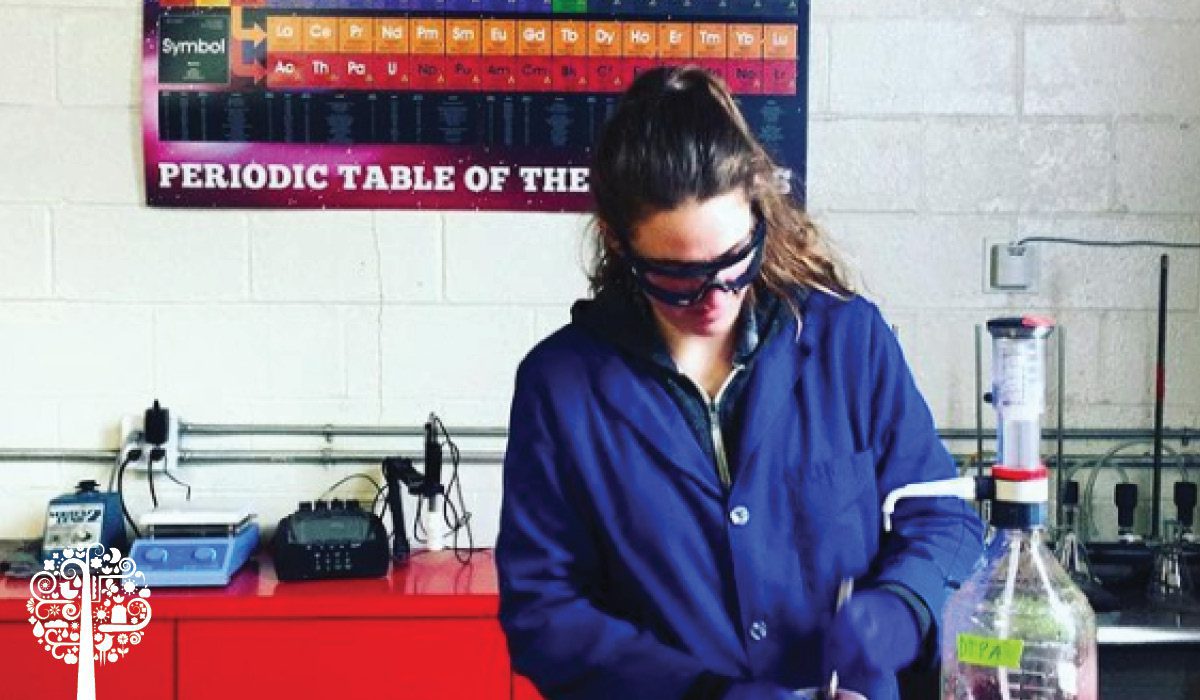
Then cultivators started bringing us diseased and pest-ridden plants wondering how to diagnose their problem. If a grower does not get an accurate diagnosis, then their solution will likely miss the mark. So we developed an identification service to tease out an accurate diagnosis, but a diagnosis was nothing without a solution. So then we began recommending biological solutions to fight pest and pathology and selling beneficial insects and microbes.
Pest and Diseases
This business has also become like a living farmer’s almanac. Each year, it seems a specific pest or disease will rear its ugly head and threaten the livelihoods of many of our cultivators. One season it was broad mites, another season russet mites; last year was a bang-up year for fusarium wilt. There will always be something. Since Dirty Business Soil is a “problem hub,” we often see issues trending in the local growing community. We can get these announcements out to our clients and the community before more people are affected.
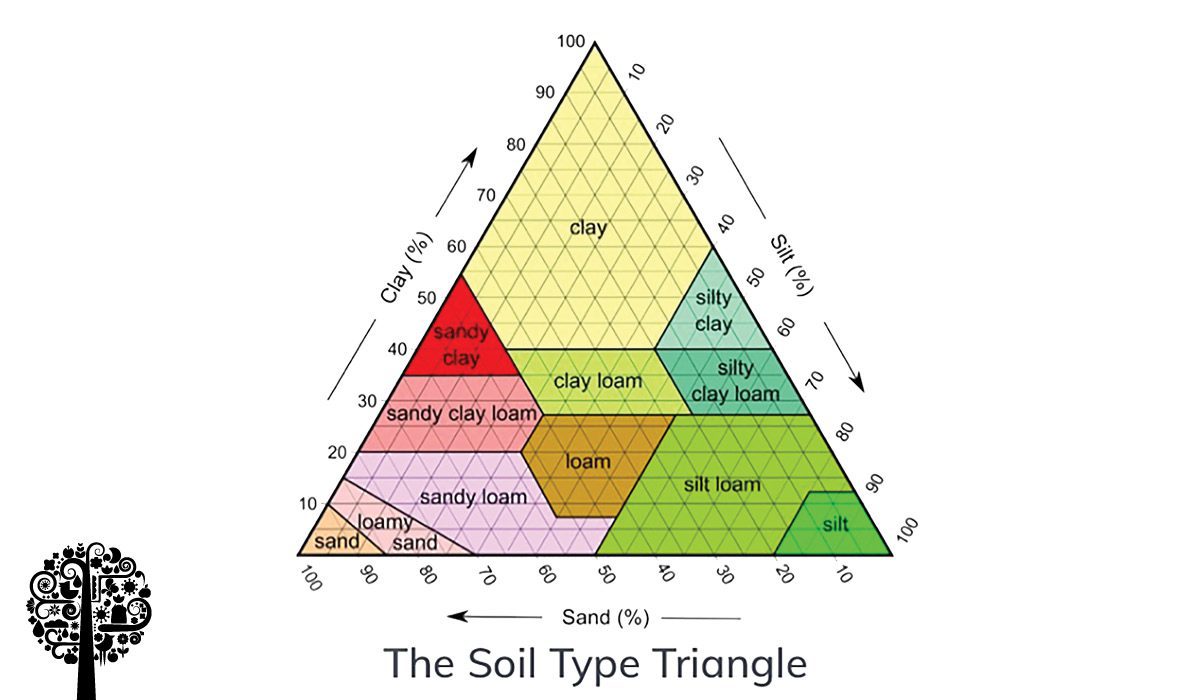
Agricultural Support System
Harnessing technology has been another significant facet of support we provide for growers. The right equipment and technology can be crucial to field diagnosis, farm efficiency, and agri-business operations. Whether it’s finding the right tool for your homestead or customizing a cloud-based digital crop planning software for your commercial farm, we know we can develop the right solution for you.
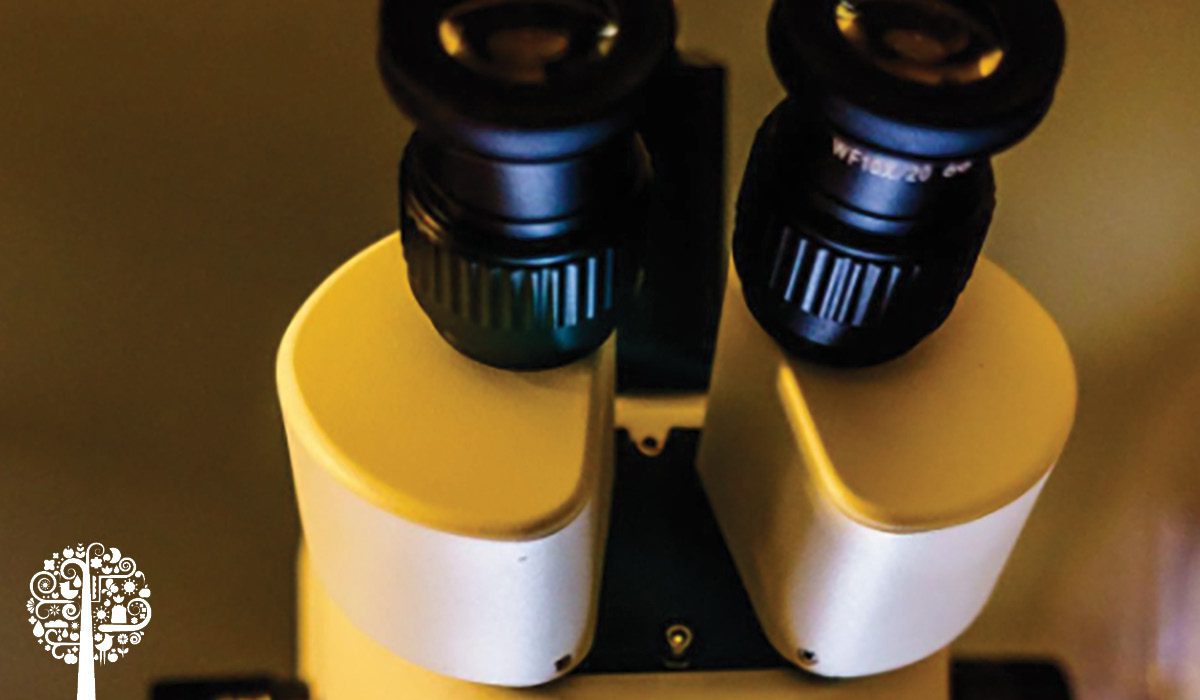
Every part of our business growth has been farmer-led; every part was explicitly developed to address the needs and problems of folks working their soil. Ten years later, what started as a soil testing lab has now blossomed into a full-blown agricultural support system helping farmers and gardeners with agri-business management, fertilizer recommendations, organic inputs, pest and disease identification and management, as well as soil contamination management and remediation.
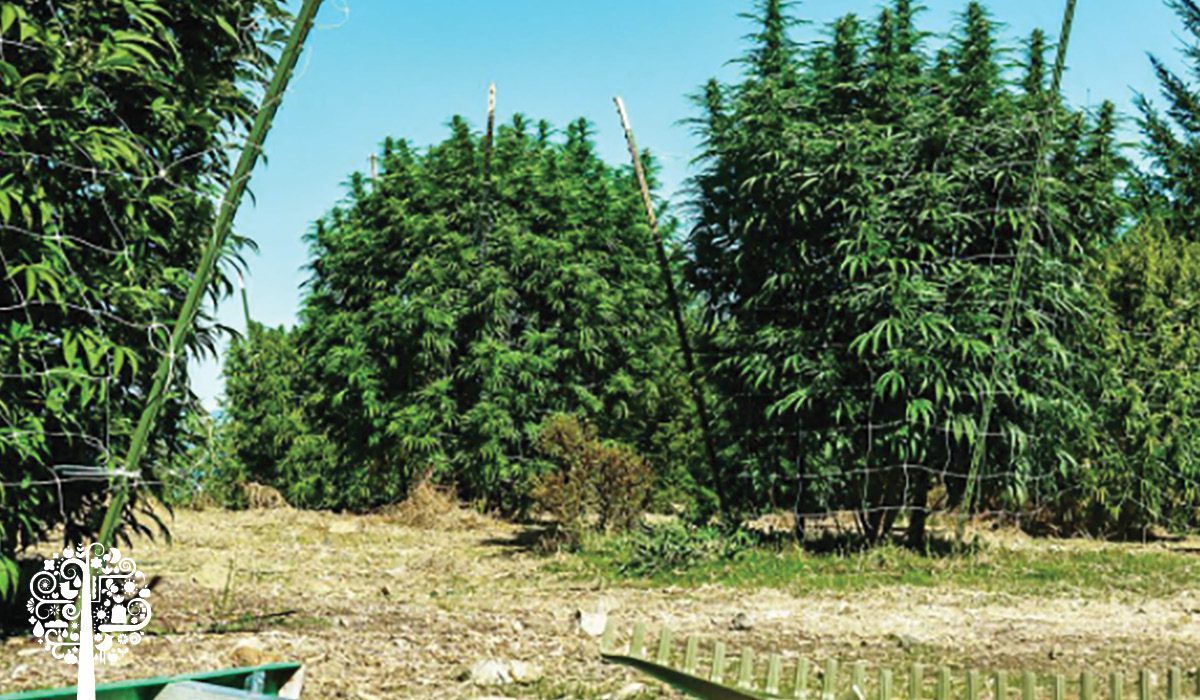
We help bridge the knowledge gap between crop science and the average farmer, and we take joy in bringing science to people by interpreting complex concepts into easily understood activities. We believe that healthy people grow healthy plants which help promote a healthy planet for us all.
Love Your Soil
Healthy People, Healthy Plants, Healthy Planet